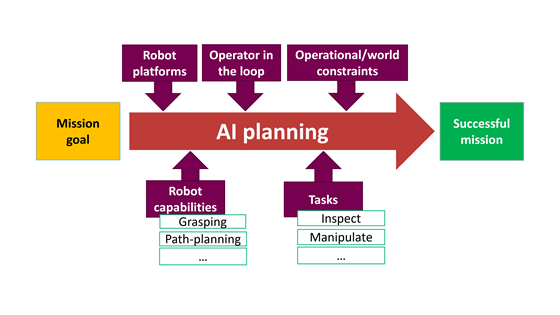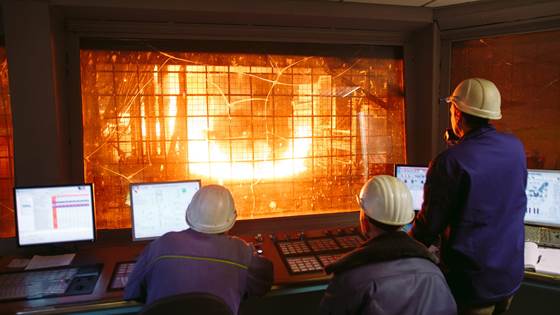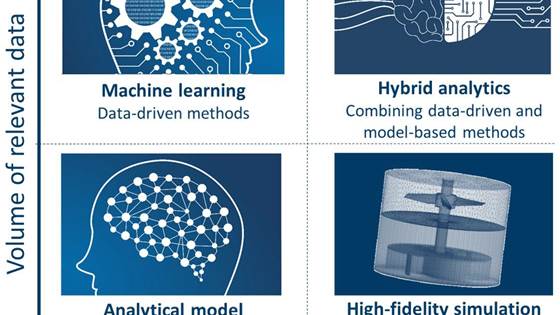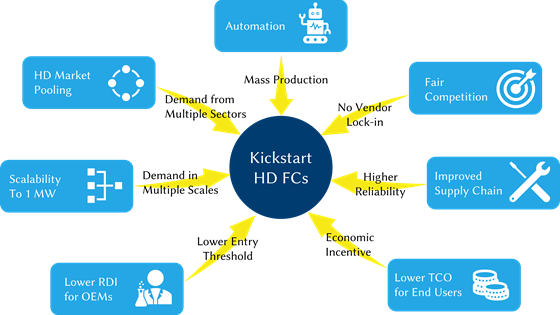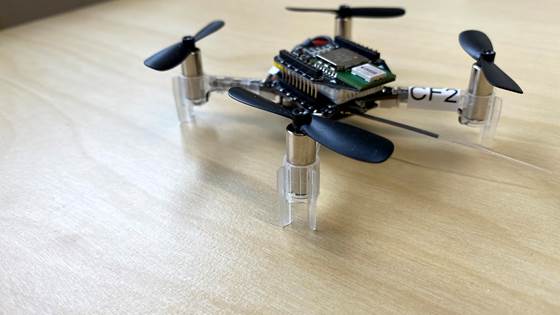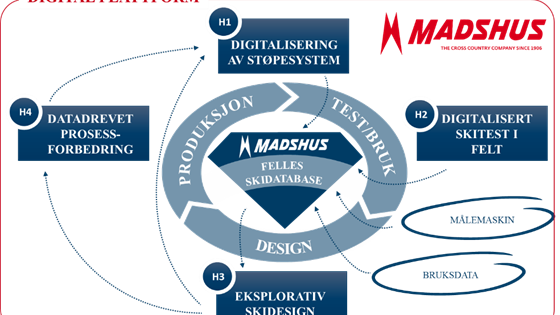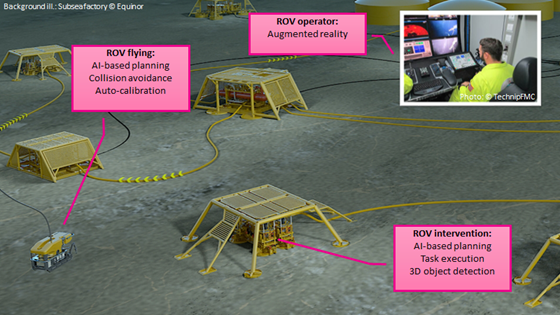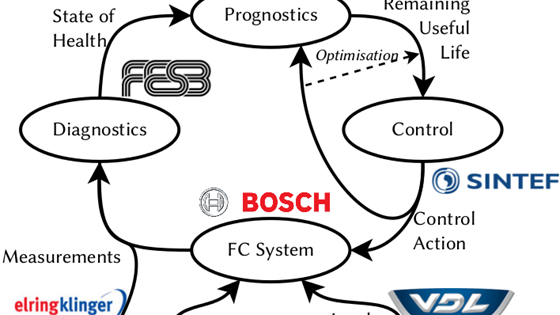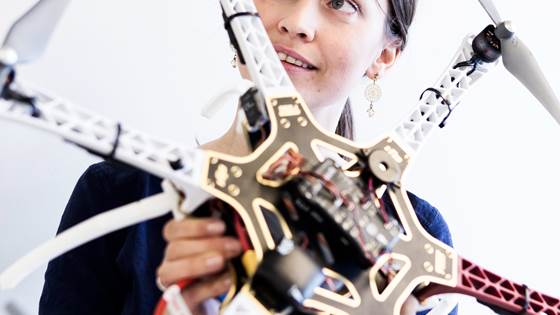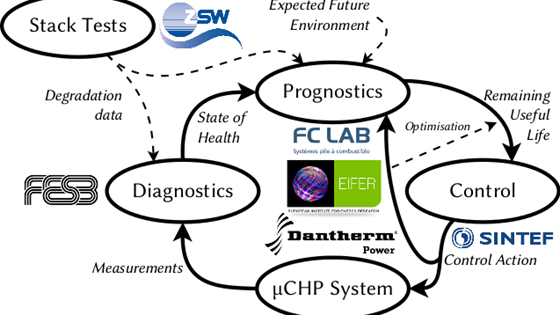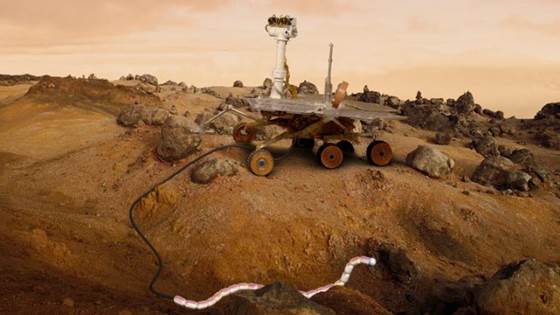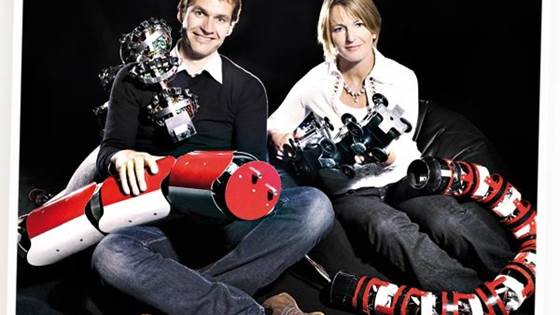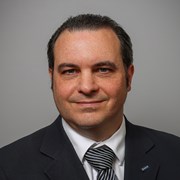Our expertise
Real-time control: It is the ability to manage and manipulate a system or process in a timely and responsive manner, typically with minimal delay between sensing and actuation. Applications of real-time control are widespread and can be found in various fields, including manufacturing, aerospace, automotive systems, medical devices, and robotics.
Sensor fusion: This is the process of combining data or information from multiple sensors to obtain a more accurate, reliable, and comprehensive understanding of a system or its environment than what could be achieved with individual sensors alone. Sensor fusion is widely used and we apply it in various fields, including robotics, autonomous vehicles, aerospace, industrial automation.
Motion planning: It involves the development of algorithms and techniques to generate feasible and collision-free trajectories for a robot or an autonomous system to move from one point to another in its environment. Motion planning is used in various fields and our applications include, autonomous vehicles (air, ground), and industrial automation.
Synchronized robots: It refers to a group (and even swarm) of robots operating in a coordinate and synchronized manner. The concept is often applied in various fields, such as robotics, automation, and manufacturing, to enhance efficiency, precision, and overall system performance.
Hybrid force/motion control: This is a control strategy that combines both force control and motion control in a robotic system. This approach allows a robot to simultaneously regulate its position and exert force in a way that is well-suited for applications where precise control over both aspects is crucial. Typical applications are in the field of manufacturing, material handling.
Manipulation learning: This is the process by which a robotic system acquires the ability to manipulate objects or interact with the environment through learning from experience/operator. Algorithms and techniques are developed to enable a robot to learn how to grasp, move, and manipulate objects effectively without relying on explicitly programmed instructions. Typical applications are in in field of manufacturing, service robotics.
Motion estimation: This is a process in computer vision and image processing that involves determining the movement or displacement of objects or features between consecutive frames of a video sequence. This is widely used in computer vision and robotics applications.
Target tracking: The primary goal of target tracking is to continuously estimate the position, size, and other relevant attributes of the target over time as it moves through a scene. Various tracking algorithms exist, ranging from traditional methods like mean-shift and Kalman filtering to more modern approaches utilizing deep learning techniques. Typical applications are in human-machine interaction, autonomous vehicles.
Mission planning: It deals with the creation of strategies or action sequences for execution by intelligent agents, autonomous robots, and unmanned vehicles. We focus on how to make it possible to achieve overall goals of autonomous missions while still being able to handle immediate events.
